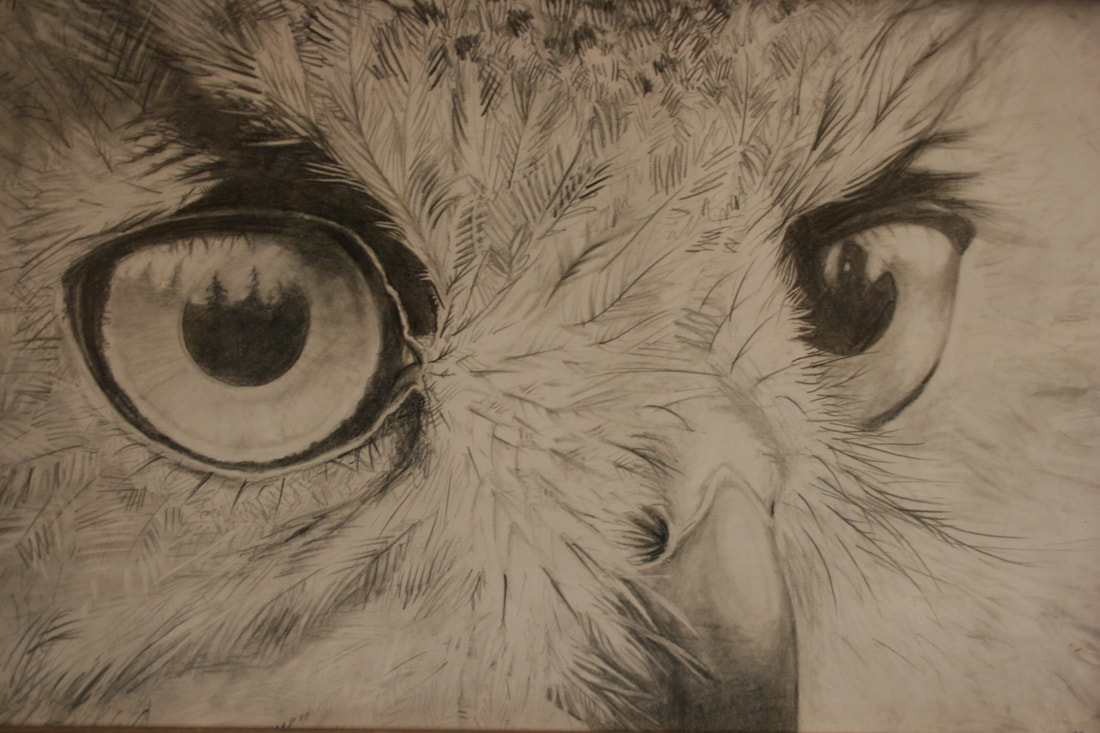|
Copper River Record September 2015
By Janelle Eklund It never ceases to amaze me how time flies. Why is it that when you are a kid time seems to go slow but as we age it seems to speed up? Is it because when we are young we are more of a free spirit: playing - running - jumping - absorbing - observing - having fun - not many concerns - life is pretty easy? And as we age we gain a lot of knowledge - ideas - thoughts - fears - joys - concerns - schedules filling our brains - our days are more focused - there is an urgency to get things done and never enough hours in the day? Curious to find out more, on the internet, I Googled 'why is time slow as a kid and fast as an adult. On one blog web site Neuroscientist David Eagleman describes it this way: "When our brains receive new information, it doesn’t necessarily come in the proper order. This information needs to be reorganized and presented to us in a form we understand. When familiar information is processed, this doesn’t take much time at all. New information, however, is a bit slower and makes time feel elongated." So when we are a kid we are learning a lot of new information which takes awhile for our brain to process. As we age we have already processed a lot of information and our brain doesn't have to work very hard so it's processing time faster. But if we learn new things that the brain has to process it will help our perception of time slow down. Summer seemed to have gone fast. Us adults use a lot of information we have already processed - growing seeds, planting the garden, getting firewood, harvesting, hunting, berry picking, our jobs, etc. This blog web site offers ways of getting your brain to perceive a slowing of time: keep learning, visit new places (could be in your own back yard), meet new people, try new activities, be spontaneous. With that, WISE is planning new activities for the upcoming second and third grade Changing Seasons program. This program focuses on changes in wildlife adaptations, weather, plants, observation, web of life, fall gathering, and fish. Four of these are presented each year, with the other four being presented the next year so when second graders become third graders they are learning something new. The adults teaching the presentations may change the curriculum but still use the same subject. Since, for the most part, the same adults present each year this change helps their brains to learn and teach something new. For example, as a presenter, I just worked with my partner presenter on coming up with a new idea for the microscope observation station. This took awhile and time slowed down as we processed new information. This year Changing Seasons will be at the Glennallen school on September 15, Slana school on September 16 and Kenny Lake school on September 23. Starting time is usually 10:00am. Each station is about 30 minutes, with an hour for lunch. Time schedules will be adjusted for each school. Homeschooled 2nd and 3rd graders are welcome to attend and can sign up by calling Robin Mayo at 822-3575 or 259-3575; or if you are connected with Copper River School District Upstream Learning contact Ramona Henspeter at 822-3234 ext 226. This year stations will focus on Fall gathering, birds, boreal forest, and observations. Parents are welcome to come as a chaperone or observer and learn something new! From my light to yours- References: https://blog.bufferapp.com/the-science-of-time-perception-how-to-make-your-days-longer
0 Comments
Copper River Record September 2014
By Janelle Eklund The day was September 22. Heavy grey clouds hung low in the sky. A small cold drizzle surrounded us educators as we all piled in the Van and headed up the Tok cutoff to Slana School. The further we went the more the drizzle turned in to rain, then sleet, then heavy wet flakes of snow. Eventually the ground turned white. Talk in the warm van turned to should we have the Changing Seasons program inside? The consensus was 'no'. WISE had already prepped the students to dress in layers with warm sweaters, coats, hats, gloves, boots, and rain gear. And thanks to a kind donation from Victor Bailey and Beryl Wardlaw WISE was able to supply rain gear for those without. In essence, we were 'adapting' to the changing season. Upon arrival at the school we were delighted to see no 'white' on the ground but it was still raining and snowing. It was the perfect lead-in to Changing Seasons. Since there was a small group of students we set up two pop-up shelters adjacent to each other and dodged the drips between them and those leaking through worn areas in need of repair. The other days in Glennallen and Kenny Lake proved to be without precipitation, mostly sunny with crisp fall air. Everyone adapted by putting on and taking off layers. Weather is one of the first clues that seasons change, as demonstrated on the mountain and valley diorama by Ann Biddle (Kenny Lake Soil and Water Conservation District). Water balloons became heavy clouds bumping against mountain peaks. There seemed to be lots of downpours of rain or snow as one pin prick and the cloud exploded - much to the delight of students. As the weather changes in the fall all the animals, birds, and other critters either hibernate, migrate, or adapt (taught by Marnie Graham, BLM and Glenn Hart, NPS) to compensate for the deep dark cold winter days. Yes, even humans like to either migrate, hibernate or adapt! Fish (taught by Molly McCormick, NPS) also adapt to their different habitats and foods they eat and some even migrate. Sun, soil, water, and air connect all these animals, birds, fish and plants, in the web of life (taught by Janelle Eklund and Lyda Rossi, WISE), playing an important role in migrating, hibernating or adapting. What will you do this winter - migrate, hibernate or adapt? Thanks to all the partners, funders and Copper River School District for the eleventh successful year of the Changing Seasons program. Funding for this program was provided by BLM “Take it Outside” initiative, Wrangell-St. Elias National Park and Preserve, and generous WISE donors. By Lynn Grams, Changing Seasons Coordinator
Copper River area second and third grade students enjoyed sunny days of learning just before the season changed. Wrangell Institute for Science and Environment (WISE) sponsored the fifth annual Changing Seasons science day presentations, now a tradition in the schools. On September 11, presenters went to Slana School; September 12, presenters went to Glennallen Elementary School; and September 13, presenters went to Kenny Lake School. Teachers and students eagerly look forward to this day of learning about science outside the classroom. There were four exciting science stations for students to visit during the day. Did you know Red Squirrels weigh about the same as a granola bar? Vicki Penwell and Glenn Hart from the National Park Service conveyed unrealized details about the critters. Have you ever seen an Earth Star? Ask a second or third grader what they learned from Doug Vollman, Kenny Lake Soil and Water Conservation District and Matt Lorenz, For the Love of Gardening. What treasures in the woods can a person find when blindfolded? Janelle Eklund, WISE President and Melissa Blair, National Parks Conservation Association engaged students to describe what they felt without looking. How and why are leaves different? Paul Boos, WISE Treasurer and Heidi Veach, Cooperative Extension Service allowed students to make leaf rubbings while they pointed out different characteristics of leaves. WISE would like to thank the above presenters, agencies and businesses for contributing to this event. Thanks also to Sandy Williams and Bev Oatman, volunteers who have been with the program every year since inception. And a big thank you for grants from Wrangell St. Elias National Park and Preserve Challenge Cost Share, Conoco Phillips, and Studebaker Environmental Education Fund. |
Who We AreWISEfriends are several writers connected with Wrangell Institute for Science and Environment, a nonprofit organization located in Alaska's Copper River Valley. Most of these articles originally appeared in our local newspaper, the Copper River Record. Archives
August 2021
Categories
All
|
|
WISE is a
501(c)3 nonprofit organization |
Contact Us |


 RSS Feed
RSS Feed
